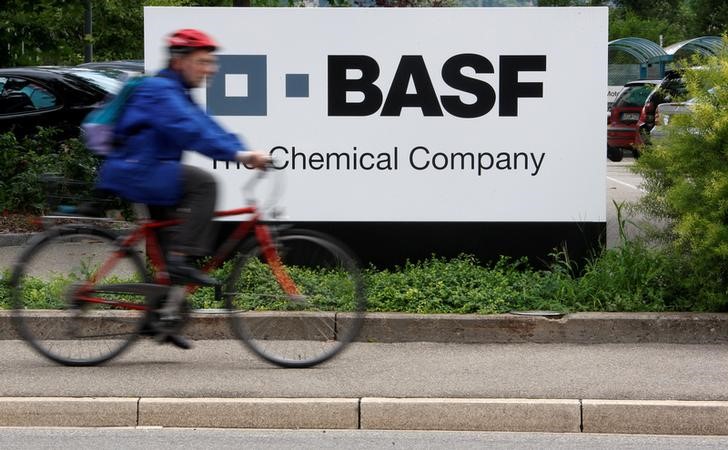(Reuters) – Futures linked to the tech-heavy Nasdaq tumbled on Monday as the overwhelming popularity of an inexpensive Chinese artificial intelligence model sparked a selloff in AI-related shares, with megacap stocks including Nvidia (NASDAQ:NVDA) the worst hit.
Chinese startup DeepSeek has rolled out a free assistant it says uses lower-cost chips and less data, seemingly challenging a widespread bet in financial markets that AI will drive demand along a supply chain from chipmakers to data centers.
“It is far too early to describe DeepSeek as an existential threat to U.S.-based AI solutions,” Richard Hunter, head of markets at interactive investor, said.
“It will almost certainly put the cat among the pigeons as investors scramble to assess the potential damage it could have on a burgeoning industry which has powered much of the gain seen in the main indices over the past couple of years.”
DeepSeek’s AI Assistant on Monday overtook rival ChatGPT to become the top-rated free application available on Apple (NASDAQ:AAPL)’s App Store in the United States.
Nvidia, the poster child of AI, dropped 6.9% in premarket trading, while other chipmakers such as AMD (NASDAQ:AMD) and Micron Technology (NASDAQ:MU) fell 3.7% and 6.4%, respectively.
Microsoft (NASDAQ:MSFT) and Meta Platforms (NASDAQ:META) were down 3.3% each. Both are set to report earnings later this week, along with Apple and Tesla (NASDAQ:TSLA).
Google-parent Alphabet (NASDAQ:GOOGL) fell 3.2%, and Apple lost 1.4%.
AI server makers Dell Technologies (NYSE:DELL) and Super Micro Computer (NASDAQ:SMCI) slid about 8% each.
At 4:06 a.m. ET, Dow E-minis were down 472 points, or 1.06%, S&P 500 E-minis were down 120.25 points, or 1.96%, and Nasdaq 100 E-minis were down 667 points, or 3.04%.
Also adding some caution to global markets, the U.S. and Colombia pulled back from the brink of a trade war on Sunday after the White House said the South American nation had agreed to accept military aircraft carrying deported migrants.
On Wednesday, the U.S. Federal Reserve’s first interest rate decision of the year is expected, with markets widely expecting the central bank to hold its lending rate steady.
The December reading of the personal consumption expenditures (PCE) is due on Friday, a crucial metric in assessing the inflation trajectory.
Markets have been on edge lately about Trump’s proposed tariffs, which could exacerbate inflationary pressures and slow Fed rate cuts, after he referred to trade policy multiple times last week without providing concrete details of his plans.
All three major indexes clocked weekly gains last week despite a pullback on Friday, with the S&P 500 retreating from all-time highs.
Energy major Exxon Mobil (NYSE:XOM), United Parcel Service (NYSE:UPS) and planemaker Boeing (NYSE:BA) would be some of the other industry leaders reporting their quarterly results later this week.










